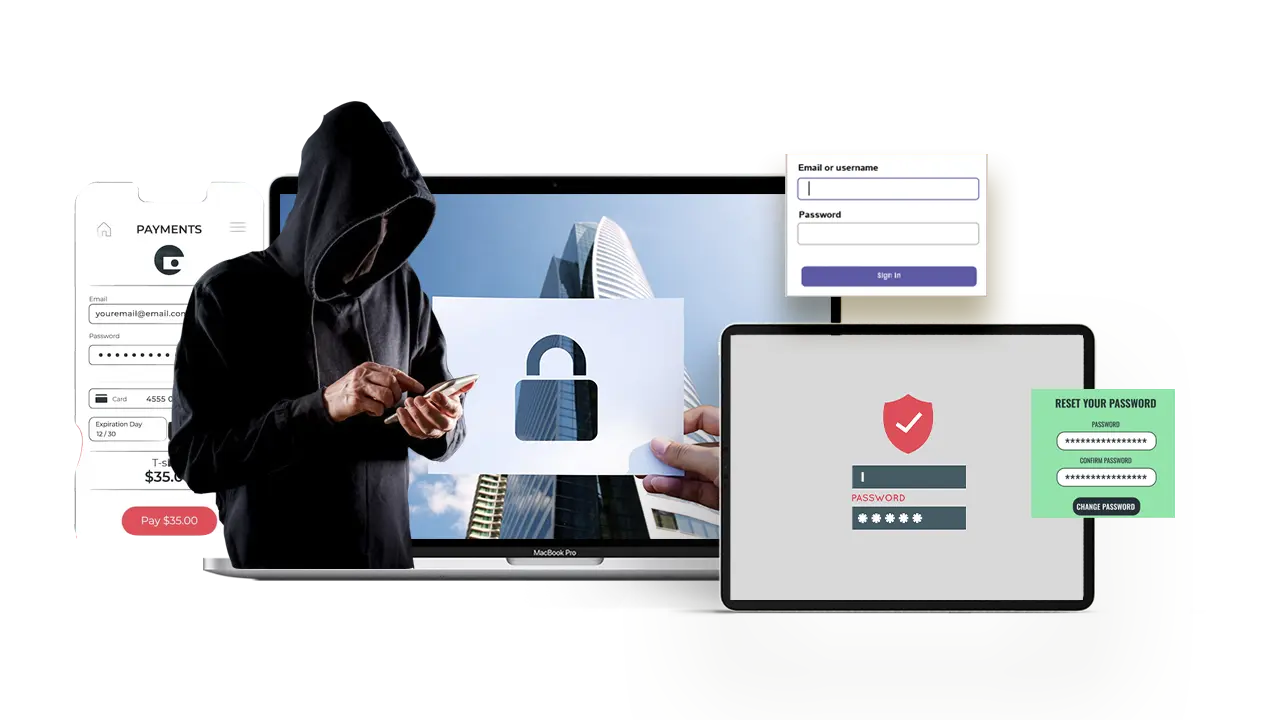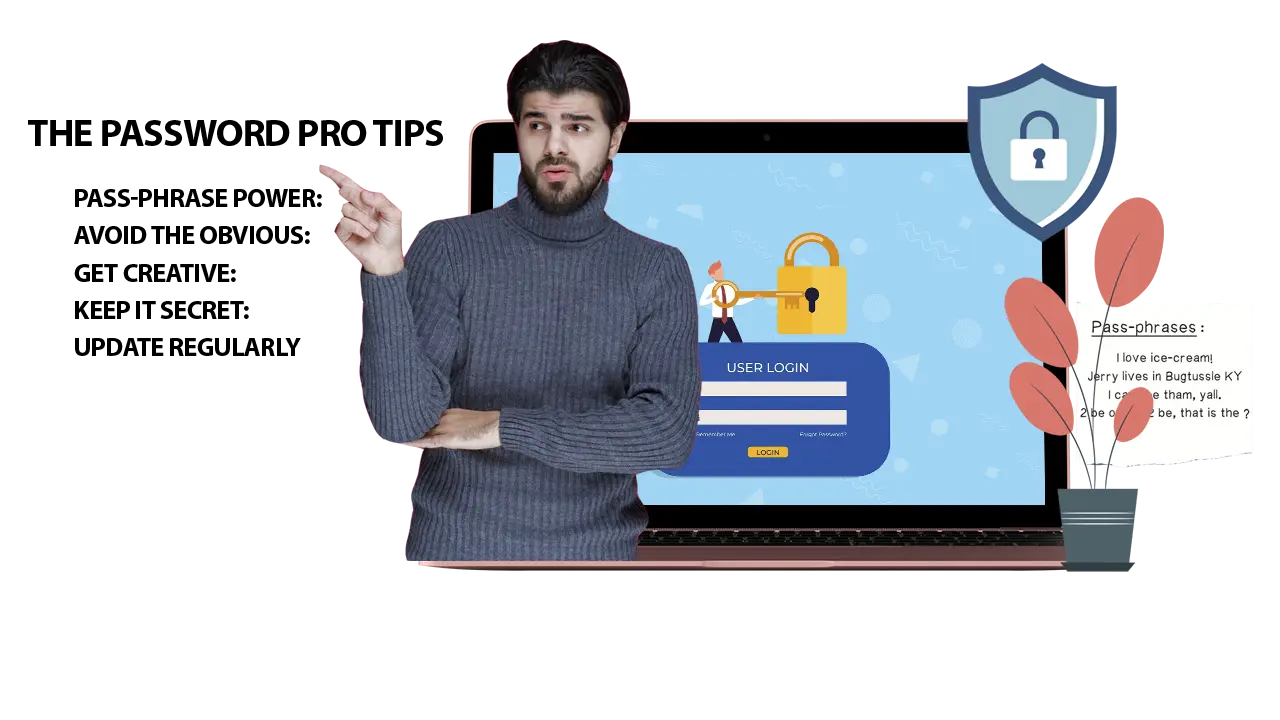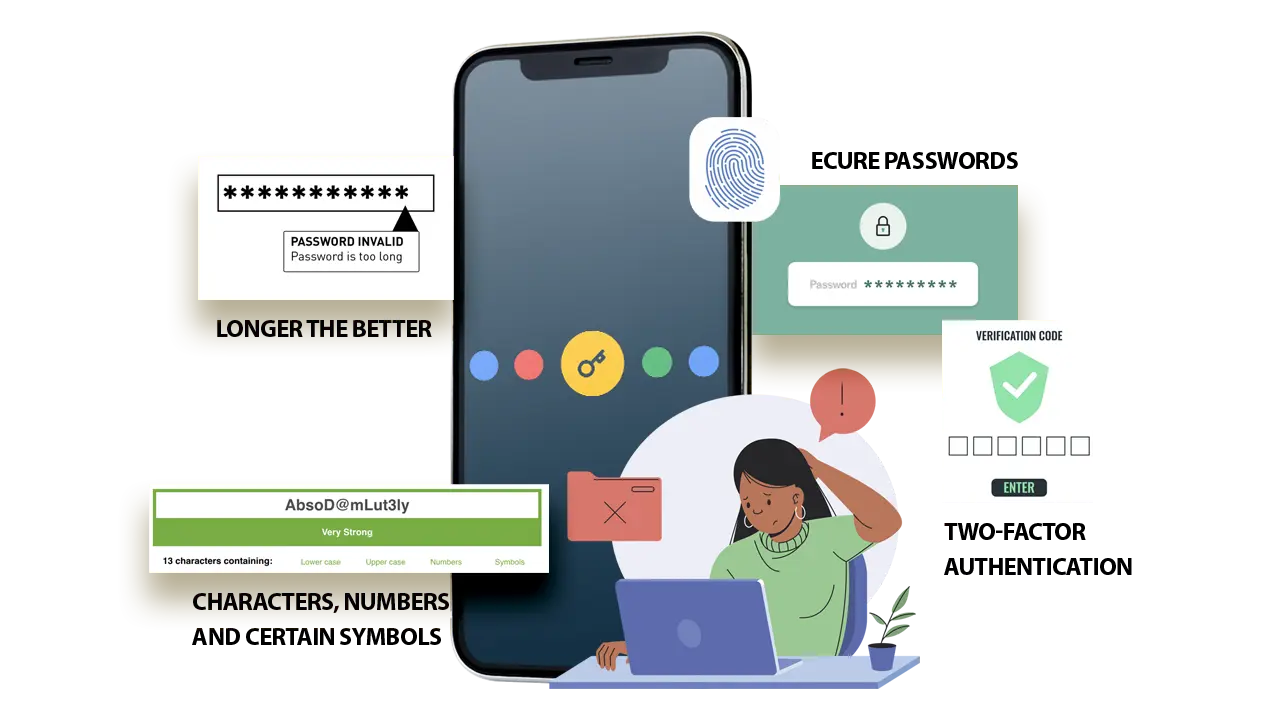Password Generator
Create Strong & Complex Passwords
Create strong, unique passwords quickly and easily using the password generator below. You can adjust the settings to customize each password and add labels and usernames to keep track when exporting.
This tool does not store any generated passwords or usernames. We also don’t share any information with third parties.
This tool does not store any generated passwords or usernames. We also don’t share any information with third parties.
In today’s world, your online security depends on the passwords that you use for your accounts. Let me explain why those strong passwords are necessary and what you will need to do to ensure that you have the best passwords for safeguarding your online identity.
Why Should One Bother on Strong Passwords?
If you consider your password as a key then what you own virtually can be compared to your house. Would you put a lock on your door that anyone could just pry open with their hands? Of course not! That’s also why passwords are significant for the security of any content. They:
- Try to keep you protected.
- Provide security to your wealth and yourself.
- Protect you and your business from hackers and cyber criminals.
It is rather surprising, but the most widespread passwords to this day include such combinations as “123456” and “password”. To be specific, using such weak passwords exposes the ‘’IT’’ system like leaving the front door of a house wide open. These are guessable, and hackers can get access to your accounts within a few seconds!
Password Strength: What Makes It Strong?

Do You Know?
The Alarming Truth: If Passwords are a Door to our accounts then Weak Passwords are like having doors Wide Open.
There is no lock so secure that a good password isn’t its key; a password must remain a mystery to others. Here’s what it should include:
- Length: At least 12 characters
- Mix it up: Use uppercase and lowercase letters
- Numbers: Add some digits
- Symbols: Throw in some special characters (@, #, $, %, etc.)
- Uniqueness: Different for each account
The Password Pro Tips: Level Up Your Security Game

- Pass-phrase Power: Use a memorable phrase like “ILovePizzaWith3xtraCheese!”
- Avoid the Obvious: Don’t use birth dates, names, or common words
- Get Creative: Replace letters with numbers or symbols (e.g., “a” with “@”)
- Keep it Secret: Never share your passwords, even with friends
- Update Regularly: Change your passwords every few months
The Password Manager: Your New Best Friend
You can create a strong password, it’s okay but the main issue comes when you have to remember it. This is a real big deal and that’s where password managers come in handy. They:
- Generate super-strong passwords for you
- Safely store all your passwords in one place
- Auto-fill passwords when you need them
- Work across multiple devices
Two-Factor Authentication: The Extra Layer of Security
Lastly, employ two-factor authentication (2FA) whenever; for the best security measures. It’s sort of like having two keyholes on the same door for two different locks. Certainly, he may guess your password, but he still won’t be able to access the profile without entering the second factor, which is most often, an SMS code.
The Password Do’s and Don’ts: Avoid These Common Mistakes

If you are creating a Password, You must do:
- The passwords should be long – the longer the better, or at least twelve characters in length.
- Use upper case and lower case characters, numbers and certain symbols
- Set different passwords for the account and other related accounts
- To avoid compromising on your passwords use a password manager to develop complex and secure passwords.
- If it is possible to do so, turn on two-factor authentication (2FA).
- Update your passwords frequently especially if there has been a leakage of the passwords
- Choose user-friendly passphrases that you can easily remember as you can hardly explain a passphrase that you chose, to a third party.
- If there is an option, one should consider using biometric authentication such as fingerprint or face ID.
- So ensure that you log out of the accounts when you are using shared or public computers.
- Always update the details that you put in for the recovery of your password.
Avoid these Common mistakes:
- Don’t use the same password for multiple accounts
- Don’t write passwords on sticky notes or in easily accessible places
- Don’t use public Wi-Fi without a VPN when logging into accounts
- Don’t fall for phishing scams asking for your password
- Do not include simple to guess parameters like the birth date, name, or simple and frequently used words.
- Do not use the same password for several accounts
- Passwords are a personal item and one should not give out their passwords to anyone including friends or families.
- Do not use paper and unsecure documents to write passwords or documents that contain passwords.
- Avoid ticking the “Remember Me” options while using the devices that are being shared or are used by several people.
- Do not type in your passwords on any website if you are using public Wi-Fi without the VPN.
- Never reply to any email or messages, which request your passwords.
- Do not put sequential numbers or letters such as “123” or “abc”
- It is also important not to use the ‘default or ‘admin’ passwords that usually come with the devices.
- Password strength meters should not be overlooked each time one is creating a new account.
Real-Life Password Nightmares: Learn from Others’ Mistakes
Many people have learned the hard way about weak password dangers:
- Remy’s email was hacked because he used his dog’s name as a password.
- Richard’s bank account was emptied after she used “123456” as her online banking password.
- A major company faced a huge data breach due to an employee using a weak password.
The Future of Passwords: What’s Next?
As technology evolves, so does password security. Keep an eye out for:
- Biometric authentication (fingerprints, facial recognition)
- Passwordless login methods
- AI-powered security systems
Conclusion
Remember, your online security is in your hands. By using strong, unique passwords and following best practices, you can significantly reduce your risk of becoming a victim of cybercrime. Start strengthening your passwords today – your future self will thank you!
